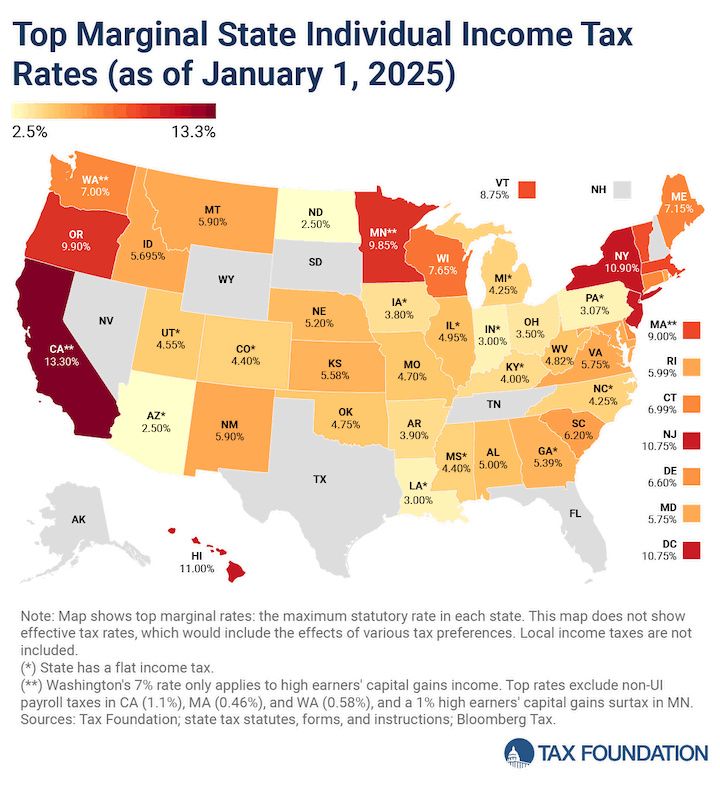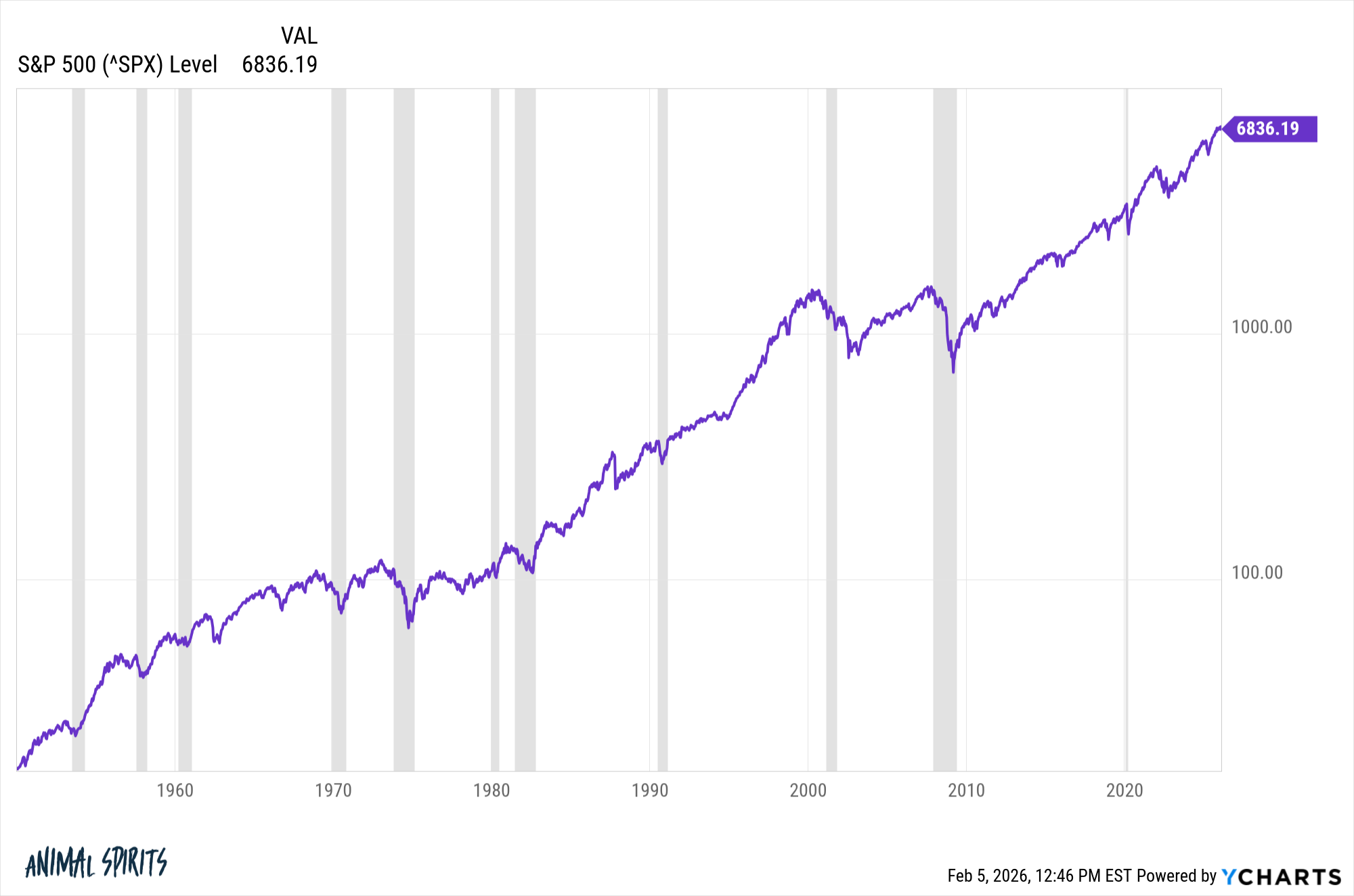Over a five-year period, the number of credit card transactions in India has doubled, while the total value of those payments has nearly tripled—even as debit card transactions have declined in both volume and value.
A study by the Reserve Bank of India (RBI) found that credit card transaction volumes increased from roughly 2.1 million in 2019 to around 4.5 million in 2024. Over the same period, debit card transactions fell from approximately 5 million to 1.7 million.
The RBI attributed this divergence to differences in usage. Credit cards are more often used for e-commerce purchases, credit access, and larger purchases, whereas debit cards are primarily used for cash withdrawals and everyday spending.
The Rise of UPI
Although debit cards may be more of a staple payment method, one key factor behind their decline in India is the rise of the Unified Payment Interface (UPI) real-time payments system.
The National Payments Corporation of India (NPCI), which operates UPI, now handles almost half of the world’s digital transactions. Transaction volume on UPI has surpassed that of Visa and Alipay, and the platform continues to expand its global footprint, as evidenced by UPI’s recent expansion into Qatar.
A Payments Mainstay
With real-time payments systems, users can pay-by-bank through their phone without the need for a card.
However, this doesn’t spell the end of the debit card.
In fact, several factors have strengthened debit card usage across many regions. First, tough economic conditions have driven credit card debt to record highs, pushing many budget-conscious shoppers back toward debit.
Second, many debit issuers have taken a page from the credit card playbook by offering rewards or cash back. These incentives are mostly funded by merchants who prefer customers use debit over credit to avoid higher interchange fees.
Finally, the surge of fintechs has led to more debit cards in circulation than ever before. PayPal, Venmo, and Cash App have long offered debit products, and buy now, pay later giant Klarna launched a debit card earlier this year.
Add to that the fact that real-time payments in many regions—including the U.S.—have yet to replicate UPI’s success, and it’s clear that debit cards are likely to be a payments mainstay for years to come.
Disclaimer: This story is auto-aggregated by a computer program and has not been created or edited by finopulse.
Publisher: Source link








